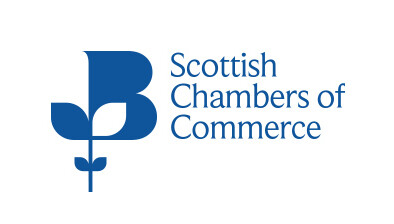‘Inevitable’ tax rises loom as UK borrowing overshoots forecasts

UK government borrowing soared to £83.8 billion in the first five months of the fiscal year, the highest for this period in the last five years.
The figure lays bare the challenge facing Chancellor Rachel Reeves ahead of November’s Budget.
The shortfall, reported by the Office for National Statistics (ONS), was significantly higher than the £72.4bn forecast by the Office for Budget Responsibility (OBR). The gap was driven primarily by lower-than-expected tax revenues, particularly from VAT. August’s borrowing figures were also stark, hitting £18bn against a £12.5bn forecast.
Economists said the deteriorating public finances make fresh tax rises in November “inevitable”. The Chancellor must plug a fiscal hole, estimated by some at over £20bn, to meet her key fiscal rule of funding day-to-day spending through tax by 2029-30. This follows a £40bn tax hike in her first Budget last October, Financial Times reports.
The Chancellor’s options are politically constrained by Labour’s manifesto promise not to raise income tax, VAT, or national insurance. This has focused speculation on changes to inheritance tax, pensions, or new levies on wealth, landlords, or the City.
The challenge is compounded by wider economic frailties. The Institute for Fiscal Studies (IFS) think-tank warned of “a major fiscal issue” if efficiency plans fail, while the OBR has reportedly warned Ms Reeves of a likely downgrade to productivity forecasts, which would further hit expected revenue.
The news rattled markets, with the pound slipping 0.4% against the dollar and long-term UK borrowing costs (30-year gilt yields) rising. The data lands amid sluggish economic growth, falling retail sales, and declining consumer confidence.
The Treasury insisted the government has a “plan to bring down borrowing”.







